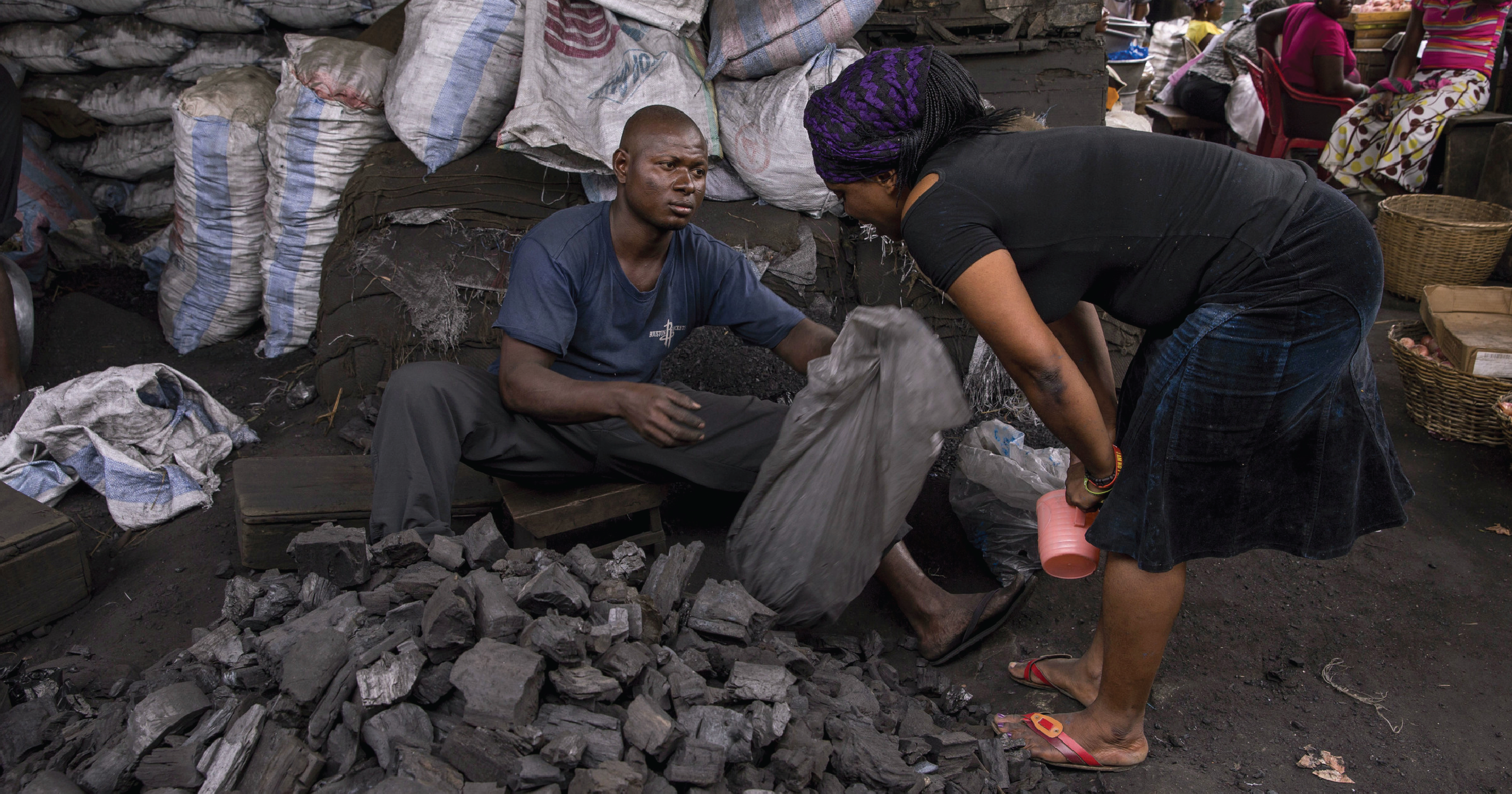Six research projects were chosen for the first “Southern Voice on the State of the Sustainable Development Goals” (SVSS) report. Today we…
Equity is at the heart of the Sustainable Development Goals (SDGs), which are founded on the concept of “leaving no one behind”. SDG 7 calls for ensuring “access to affordable, reliable, sustainable and modern energy” for all. It positions equity as a core cross-cutting theme of the 2030 Agenda. Inequalities in accessing clean energy are a concern from both a socioeconomic and resource management perspective. From a socioeconomic angle, reliable and affordable energy services are fundamental to everyday life. In developing countries, it is often women and girls who lack access to clean sources of energy. As a result, they spend several hours a day collecting firewood. It hinders them from investing time into getting an education or making an income.
The world is now four years into the implementation period of the United Nations 2030 Agenda for Sustainable Development. It is an excellent moment to assess if Ghana is on track to meet the subscribed goals and in particular, SDG 7.
Giving everyone access to clean fuels in the household
For Southern Voice’s “State of the SDGs” initiative, we analysed Ghana’s Living Standard Survey 7. It shows that progress on achieving clean energy in Ghana in households, especially regarding cooking fuels, is insufficient.
While access to electricity has reached 74% of the country’s population, access to clean cooking fuels has been slow. Only 24 % of households use clean energy, such as liquefied petroleum gas (LPG) for cooking. Differences were found between rich and poor, across administrative regions, rural or urban and educational levels across the country.
Our research also showed that urban households in:
- the Western, Central, Greater Accra, Volta and Ashanti regions
- and with a secondary or higher educational level
had the highest access to clean cooking fuels. The interplay of geographical location (urban or rural residence) and household poverty status illustrates that reliance on clean fuels is a question of both accessibility and affordability in Ghana.
Our scenario-based analysis reveals that this condition is going to worsen by 2030. However, the amount of resources needed for making modern energy accessible to all Ghanaians is limited at the national level. For instance, according to Ghana’s SDG Budget Baseline Report 2018, funding from development partners account for about 80% for Goal 7, especially for target 7.1.
What policymaker can do
Consequently, policymakers can no longer work in silos. Neither can they develop energy plans based on assumptions from the energy sector only. They need to work with the local sector and international organisations.
We also advise government ministries to collaborate with agencies, such as civil society groups working in the area of energy. Policymakers and other stakeholders can fast-track the transition from polluted fuel use to clean energy use. The goal should be to incentivise households to choose clean energy sources.
Regional cooperation is critical, as well. It can be in the form of research and knowledge transfer and partnership. If adequately funded and equitably implemented, such collaboration can narrow inequalities in the access of household energy,
Ultimately, not having access to clean cooking fuels and electricity negatively affects people’s health and wellbeing. It also has an impact on their opportunities for education, productive work, and achieving gender equality.
About the SVSS project
Southern Voice’s “State of the SDGs” initiative provides evidence-based analysis and recommendations to improve the delivery of the Sustainable Development Goals (SDGs). As a collaborative initiative, the program compiles a broad range of perspectives that are usually missing from international debates. This report aims to fill an existing knowledge gap. Southern Voice is confident that it will enrich the discussions on the SDGs and level the playing field with new voices from the Global South.


